Laura Kwerel
Stories
-
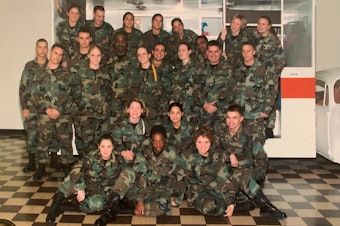
National
How an Air Force unit looked out for their own, even after she left the service
When Jessica Israelsen left the Air Force, it was not an easy decision. She was going through a difficult time, and even though she wasn't part of the unit, her team kept looking out for her.
-

National
Lila struggled to write, then a teacher discovered why and unlocked her creativity
Lila Hoffa used to struggle to express herself in writing. But her third-grade teacher realized it wasn't a "typical" writing problem and helped Hoffa find a way to make her stories come to life.
-

Science
Laughter: The Best Medicine
If you listen closely to giggles, guffaws, and polite chuckles, you can discern a huge amount of information about people and their relationships with each other. This week, we talk with neuroscientist Sophie Scott about the many shades of laughter, from cackles of delight among close friends to the "canned" mirth of TV laugh tracks.
-
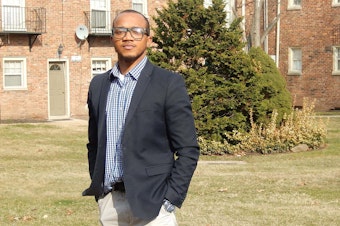
Politics
Rap on Trial: How An Aspiring Musician's Words Led To Prison Time
In the past few weeks, the nation has been gripped by protests against police brutality toward black and brown Americans. The enormous number of demonstrators may be new, but the biases they're protesting are not. In 2017, we looked at research on an alleged form of bias in the justice system. This week, we revisit that story, and explore how public perceptions of rap music may have played a role in the prosecution of a man named Olutosin Oduwole.
-

Health
Close Enough: The Lure of Living Through Others
A silver lining of social distancing: you may have more time and space to pursue the projects you've bookmarked on your web browser. Whether your goal is to build a barn door or to update your makeup routine, online tutorials have made it easier than ever to bring the world into your living room or kitchen or bedroom. But a curious thing can happen when we watch experts doing expert things. This week, we explore the dangers and the delights of vicarious living, with a favorite episode from 2019.
-
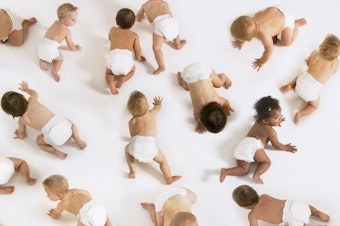
Environment
The Bomb That Didn't Explode: Why Our Fears About Population Growth Didn't Come True
We know that we live in an ever-changing world, but one thing we often overlook is demographic change. Whether the world's population is growing or shrinking can affect many aspects of our lives, from the number of kids we have to the likelihood that we'll live to old age. This week on Hidden Brain, we explore how our planet's population is changing, and what that means for us in the century to come.
-
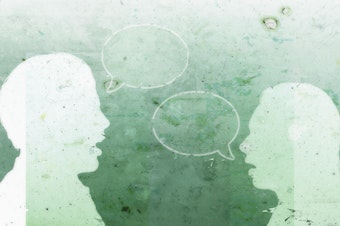
Science
The Influence You Have: Why We're Blind To Our Power Over Others
Think about the last time you asked someone for something. Maybe you were nervous or worried about what the person would think of you. Chances are that you didn't stop to think about the pressure you were exerting on that person. This week, we explore a phenomenon that psychologists refer to as "egocentric bias," and look at how this bias can lead us astray.
-
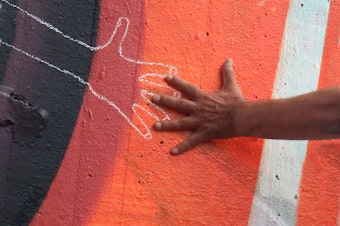
Science
Secret Friends: Tapping Into The Power Of Imagination
Where is the line between what is real and what is imaginary? It seems like an easy question to answer: if you can see it, hear it, or touch it, then it's real, right? But what if this way of thinking is limiting one of the greatest gifts of the mind? This week, we meet people who experience the invisible as real, and learn how they hone their imaginations to see the world with new eyes.
-
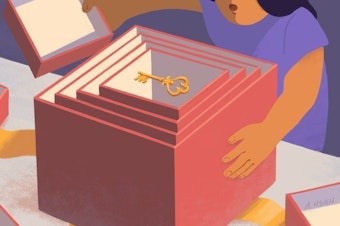
Spoiler Alert! The Psychology Of Surprise Endings
Why do we fall for surprise endings? It turns out that our capacity to be easily fooled in books and movies is made possible by a handful of predictable mental shortcuts. In this 2018 conversation, we talked with Vera Tobin, one of the world's first cognitive scientists to study plot twists. She says storytellers have been exploiting narrative twists and turns for millennia — and that studying these sleights of hand can give us a better understanding of the contours of the mind.
-
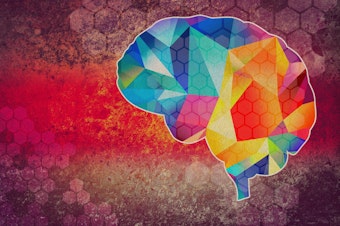
Science
Did That Really Happen? How Our Memories Betray Us
Our memories are easily contaminated. We can be made to believe we rode in a hot air balloon or spilled punch on people at a wedding—even if those things never happened. So how do we know which of our memories are most accurate? This week, psychologist Ayanna Thomas explains how memory works, how it fails, and ways to make it better.